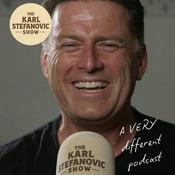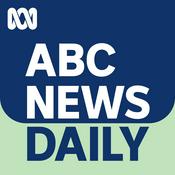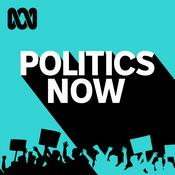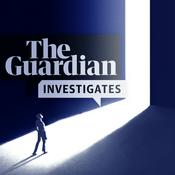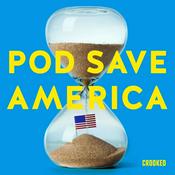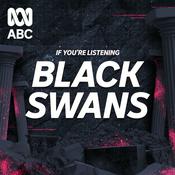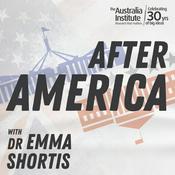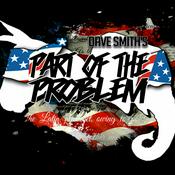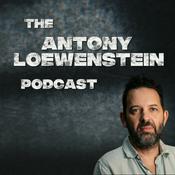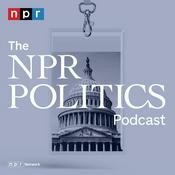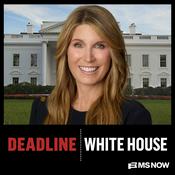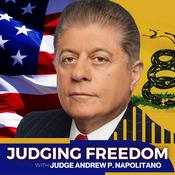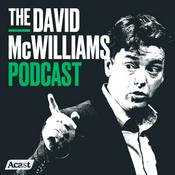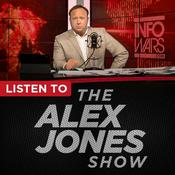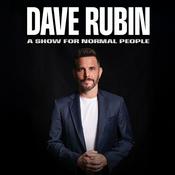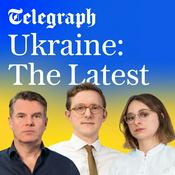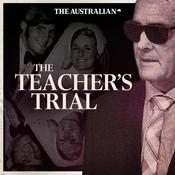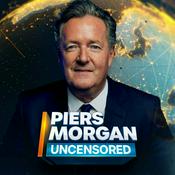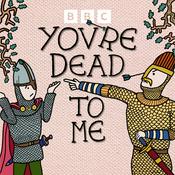519 episodes
- Next week marks four years since the full-scale invasion of Ukraine. In that time, there’s been an intense crackdown on freedom of speech and dissent in Russia, which has led to many western media organisations leaving the country.
Today, we speak to Steve Rosenberg, the BBC’s Russia editor, on the tightrope of reporting from Moscow under Vladimir Putin.
Producer: Sam Chantarasak
Executive producer: Bridget Harney
Mix: Travis Evans
Senior news editor: China Collins
Photo: Russian President Vladimir Putin attends his annual end-of-year press conference in Moscow. Credit: Sputnik/Alexander Kazakov/Pool/Reuters. - ***This episode contains distressing details of rape and sexual assault***
Gisèle Pelicot earned international recognition after waiving her anonymity at her mass-rape trial in 2024, in which her former husband, Dominique, was sentenced to 20 years in jail for drugging her and inviting dozens of other men to their home in the south of France to rape her while she was unconscious.
In court, Gisèle Pelicot bravely faced her abusers, and in public, she stood stoically in defence of sexual assault survivors, saying that, “shame must change sides”.
The BBC’s Victoria Derbyshire talks through her recent interview with Gisèle Pelicot, as her memoir, A Hymn to Life, is published.
If you are suffering distress or despair and need support, you could speak to a health professional, or an organisation that offers support. Details of help available in many countries can be found at befrienders.org. For a list of organisations in the UK that can provide support, go to bbc.co.uk/actionline.
Producer: Hannah Moore
Mix: Travis Evans
Senior news editor: China Collins
(Photo: Gisèle Pelicot in Paris, France. Credit: Dmitry Kostyukov/BBC Newsnight) - **This episode contains discussion of bullying, abuse and suicide**
A landmark trial is underway in Los Angeles where tech giants Instagram and YouTube will face a jury for the first time over claims that their platforms are deliberately designed to be addictive for children.
Lawyers for the plaintiff – a 20 year-old woman – say she developed mental health issues after becoming addicted to the social media at an early age. They argue these companies built “addiction machines” with algorithms that learn what users want and keep feeding it to them.
Instagram and YouTube deny the allegations, saying that they have no incentive to turn children into addicts and have introduced various safety measures. Meta CEO Mark Zuckerberg is expected to testify later this week.
We speak to the BBC’s North America Technology Correspondent Lily Jamali, who has been following the case, to ask whether social media is having a generational reckoning – its Big Tobacco moment.
Producers: Aron Keller and Xandra Ellin
Executive producer: James Shield
Mix: Travis Evans
Senior news editor: China Collins
Photo: Vigil outside the courthouse ahead of a social media addiction trial in Los Angeles. Credit: Reuters/ Jill Connelly. - Two weeks after the latest release of the Epstein files, the headlines keep pouring in.
In just the past few days, revelations in the documents have nearly brought down a British prime minister, and implicated politicians and royals from around the world. The files are even fueling speculation about whether the late sex offender could have been a spy.
We speak to Nomia Iqbal, BBC World Affairs Correspondent, about what we’ve learned this week about the international fallout of the Epstein scandal.
Producers: Viv Jones, Valerio Esposito and Xandra Ellin
Executive producer: James Shield
Mix: Travis Evans
Senior news editor: China Collins
Photo: Epstein files. Credit: Cristobal Herrera-Ulashkevich/EPA/Shutterstock - On Monday, Hong Kong's pro-democracy media tycoon Jimmy Lai was sentenced to 20 years in prison for colluding with foreign forces under the city's controversial national security law. The family of the 78-year-old, who is a British citizen, have appealed to foreign governments to call for Lai’s release.
Lai’s sentence, which is the harshest yet under this law, has caused global concern over whether this is an attempt by Beijing to crackdown on dissent and democracy in the Chinese territory.
We speak to Danny Vincent, the BBC’s Hong Kong reporter, who was the last journalist to interview Jimmy Lai.
Producers: Sam Chantarasak and Chris Benderev
Executive producer: James Shield
Mix: Travis Evans
Senior news editor: China Collins
Photo: Jimmy Lai is escorted out of a Correctional Services Department vehicle and into the Court of Final Appeal in Hong Kong, China, 09 February 2021. Credit: Tyrone Sui/Reuters
More News podcasts
Trending News podcasts
About The Global Story
Where the world and America meet, with episodes each weekday. The world is changing. Decisions made in the US and by the second Trump administration are accelerating that change. But they are also a symptom of it. With Asma Khalid in DC, Tristan Redman in London, and the backing of the BBC’s international newsroom, The Global Story brings clarity to politics, business and foreign policy in a time of connection and disruption.
Podcast websiteListen to The Global Story, The Rest Is Politics and many other podcasts from around the world with the radio.net app
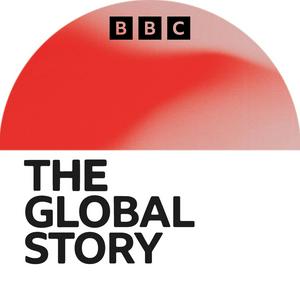
Get the free radio.net app
- Stations and podcasts to bookmark
- Stream via Wi-Fi or Bluetooth
- Supports Carplay & Android Auto
- Many other app features
Get the free radio.net app
- Stations and podcasts to bookmark
- Stream via Wi-Fi or Bluetooth
- Supports Carplay & Android Auto
- Many other app features


The Global Story
Scan code,
download the app,
start listening.
download the app,
start listening.



